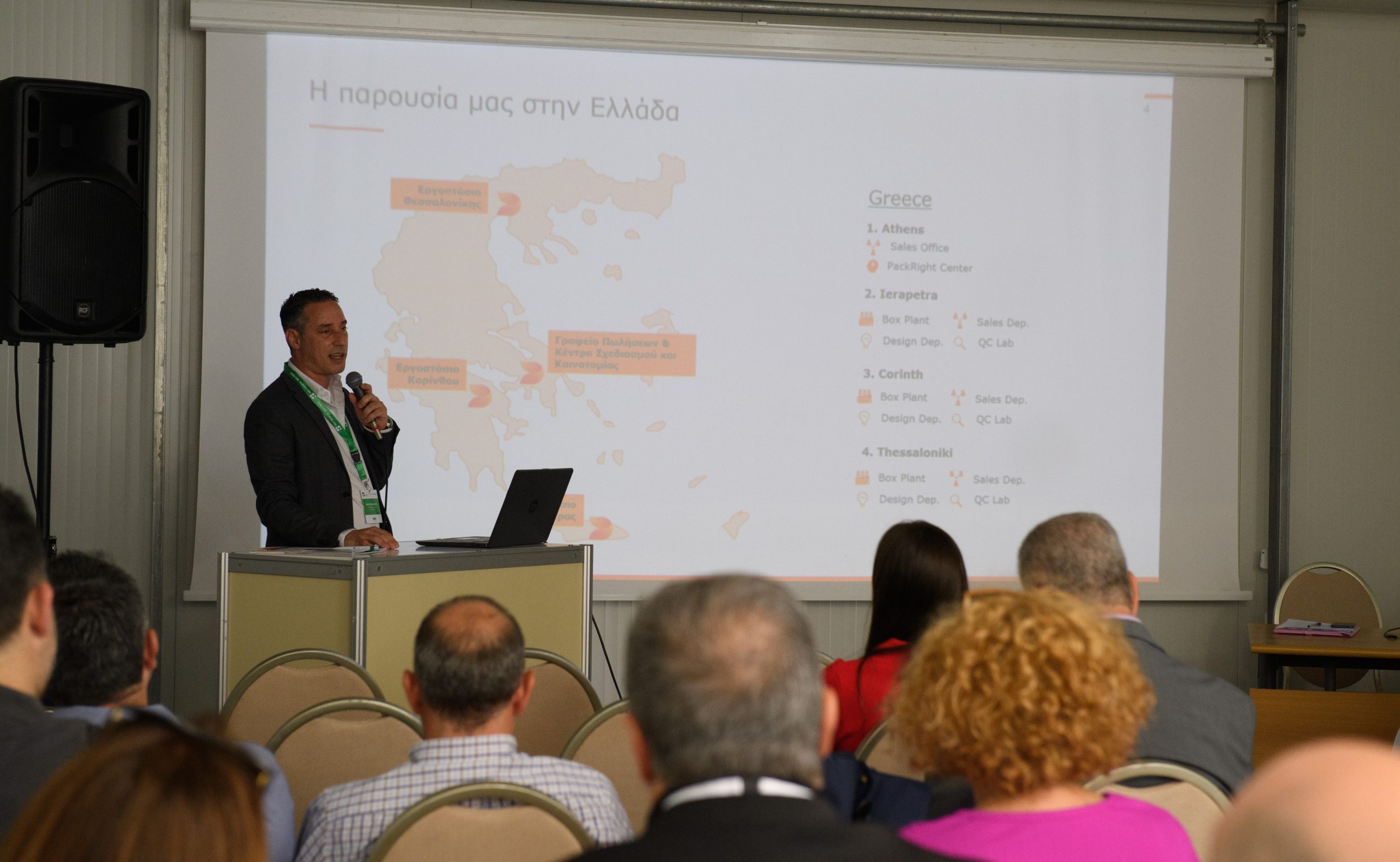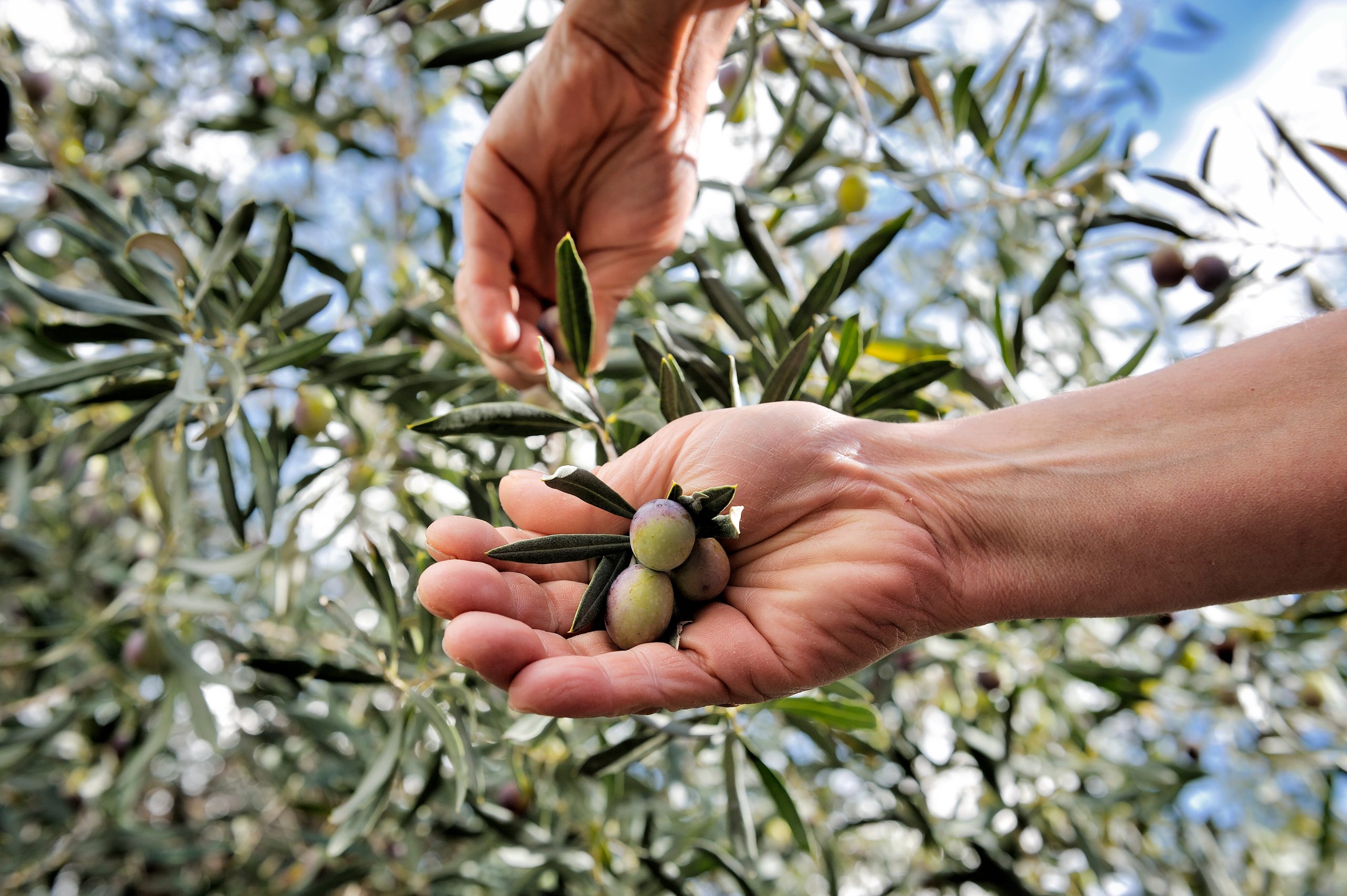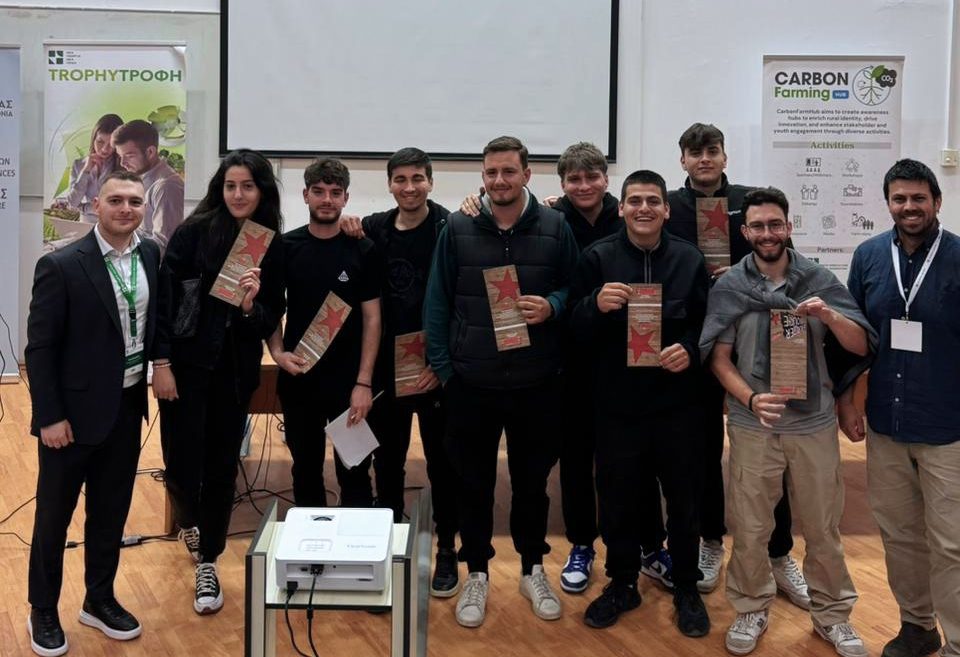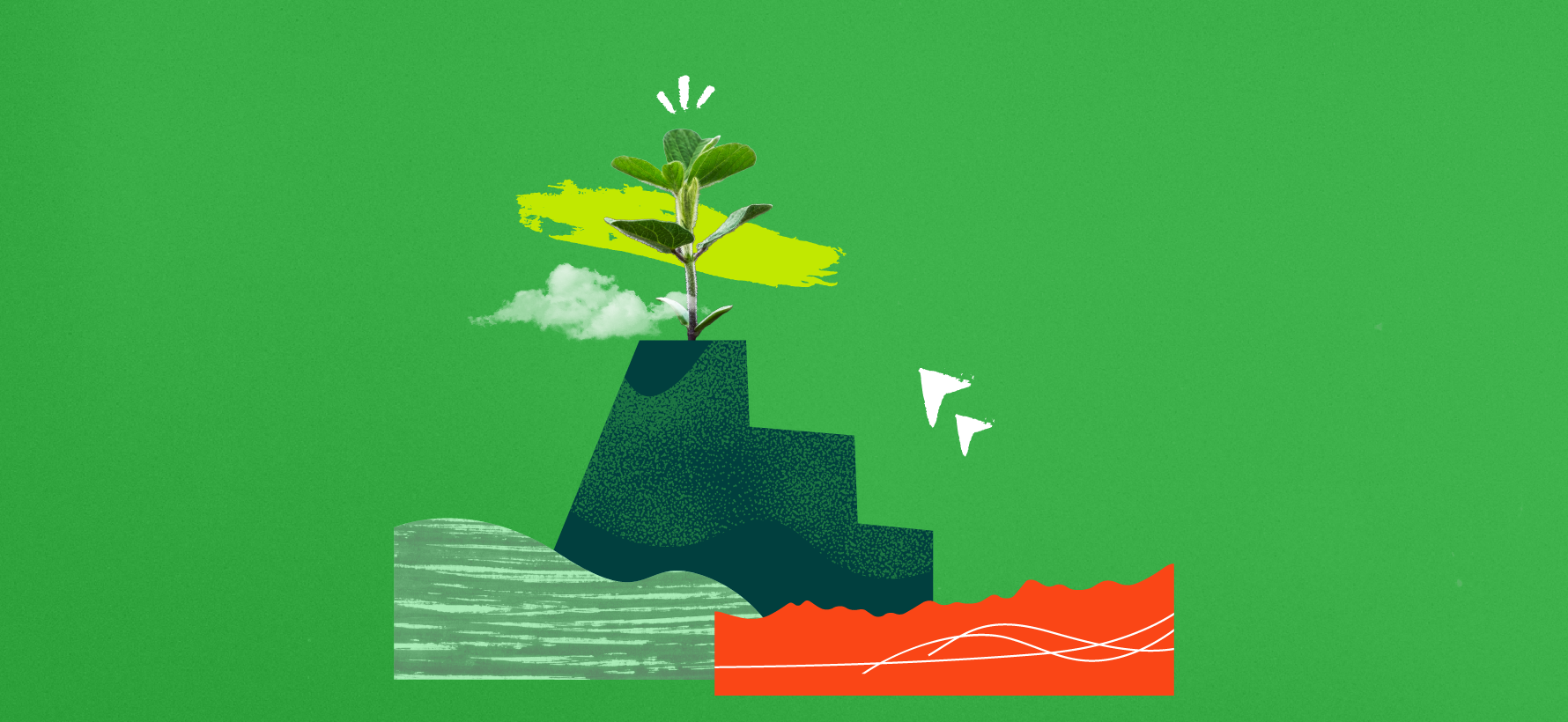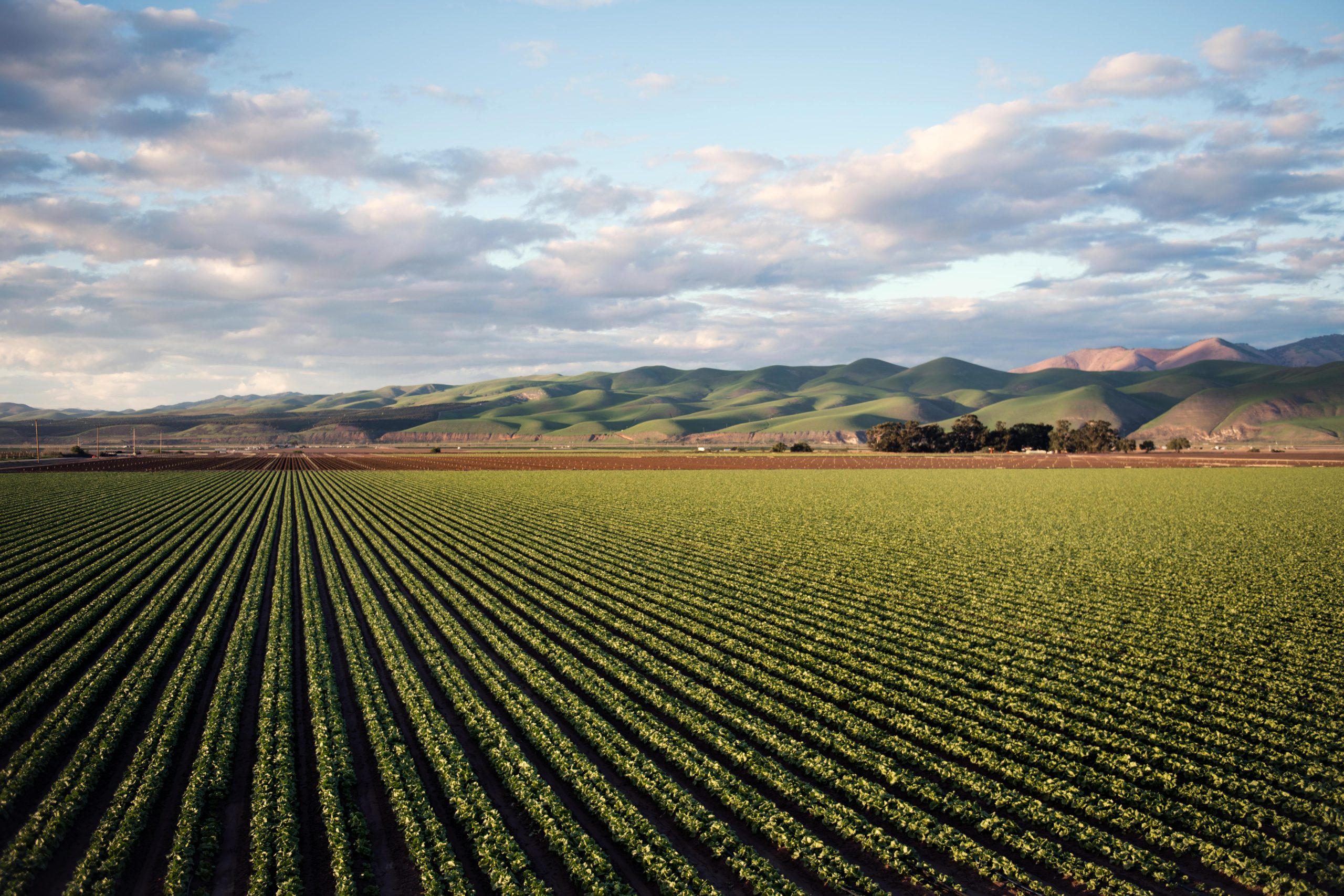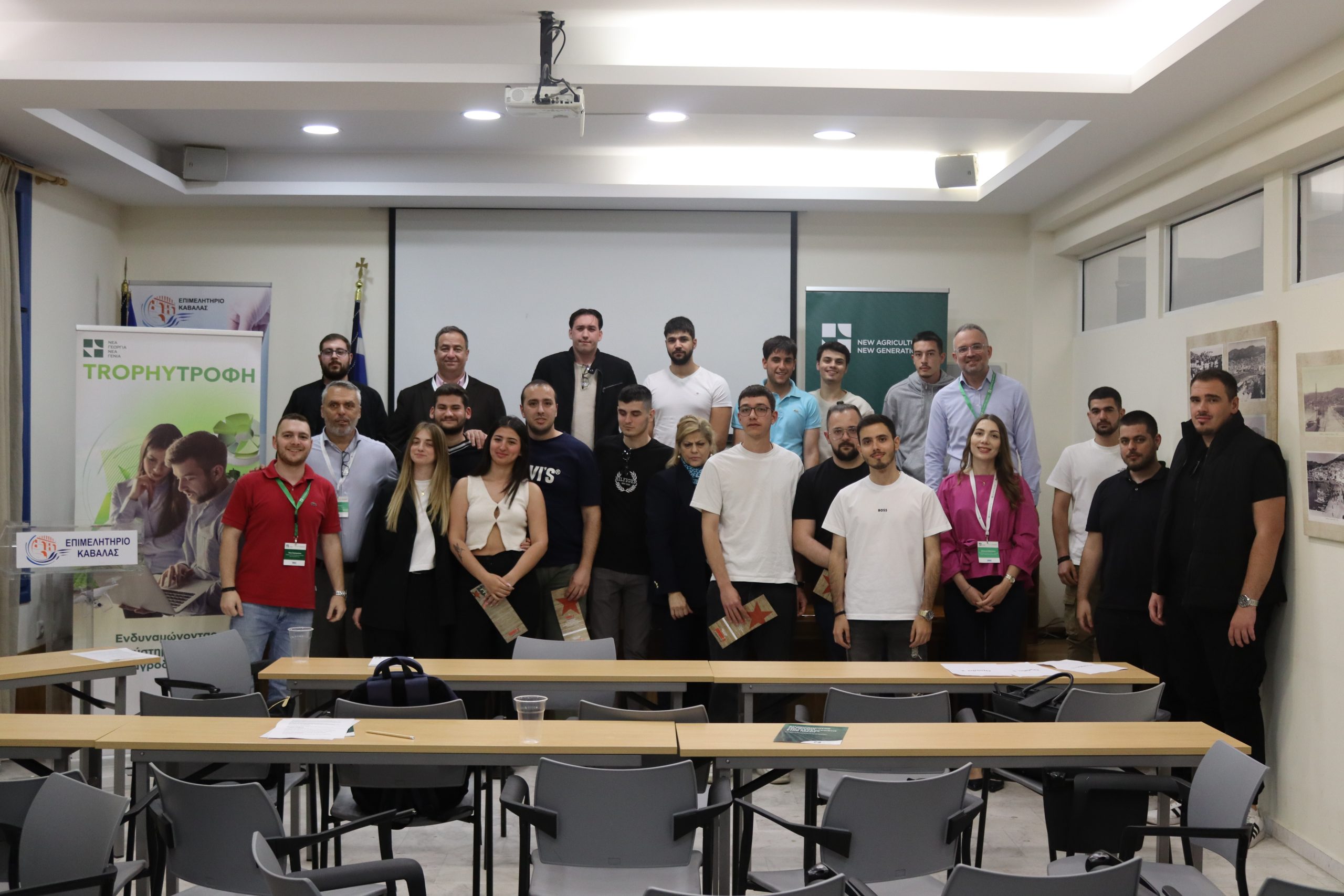With emotion and in a particularly warm atmosphere, the Agrifood Leadership program for the 2024–2025 period came to an end, following the completion of its 8th educational activity, which took place in Athens from Thursday, June 12 to Saturday, June 14, 2025. The participants attended intensive training seminars and undertook study visits, as the program reached its final phase, officially concluded with the certificate award ceremony.
The Agrifood Leadership program is implemented by New Agriculture New Generation, through the founding donation of the Stavros Niarchos Foundation (SNF). The technical and strategic advisor of the program is Rutgers University (USA), while the program is held under the auspices of the Ministry of Rural Development and Food.
During the three-day activity, participants attended a specialized seminar titled: “Social Media and Personal Branding – The Leader’s Perspective,” which was held on Thursday, June 12 at the facilities of New Agriculture New Generation.
On Friday, June 13, they visited Piraeus Bank, where they had a working meeting with executives from the Agricultural Banking Department, focusing on programs that support the agrifood sector. This was followed by a visit to the Ministry of Rural Development and Food, where they met with the Special Service for the Management of the Strategic Plan of the Common Agricultural Policy.
The three-day event culminated on Saturday at the Agricultural University of Athens, in the hall of the Agricultural Museum. The day began with a speech by Ms. Effie Lazariou, CEO of New Agriculture New Generation, who presented the organization’s vision and role in strengthening the new generation of agrifood professionals. She stated:
“The Agrifood Leadership program is of strategic importance to our organization, as we aim to create a vibrant community of leaders in the agrifood sector who will drive its transformation and adaptation to modern conditions. I want to assure all of you who have successfully completed the program that we will continue to stand by your side, supporting your efforts.”
This was followed by a content-rich masterclass on “Storytelling” by Ms. Magda Peistikou, Editor-in-Chief of Food Service magazine, which highlighted the power of storytelling as a tool for strategic communication.
The keynote speaker of the day was Mr. Alexandros Kouris, Founder and Owner of NISSOS Beer and member of the General Assembly of New Agriculture New Generation. Through a captivating talk, he explained how failure can prove valuable in entrepreneurship and in generating new ideas and innovative practices.
A short greeting was also delivered by Ms. Salome Papaspyrou Rao, Assistant Professor, Department of Nutritional Sciences, representing Rutgers University, which contributes as a technical and strategic advisor, bringing expertise from its corresponding program in New Jersey, running for nearly three decades.
During the event, a dedicated platform was also presented, developed to network all graduates of the Agrifood Leadership program. The goal is for all alumni to be able to collaborate, initiate projects, and participate in future actions.
In the closing segment of the event, Dr. Dimitris Voloudakis, General Programs Director of New Agriculture New Generation and Program Implementation Lead, spoke about the strategic development of the program and its future goals.
The final part of the event included the certificate award ceremony in a celebratory atmosphere. The participants themselves had the opportunity to speak and share — in the most experiential way — their journey in the program, promising that they will meet again!
In total, the program included 7 three-day educational visits to leading companies in Greece’s agrifood sector, 1 educational visit to Brussels, and over 90 hours of intensive, specially designed training sessions.
The application period for the 2025–2026 cycle of the program is expected to open soon.


